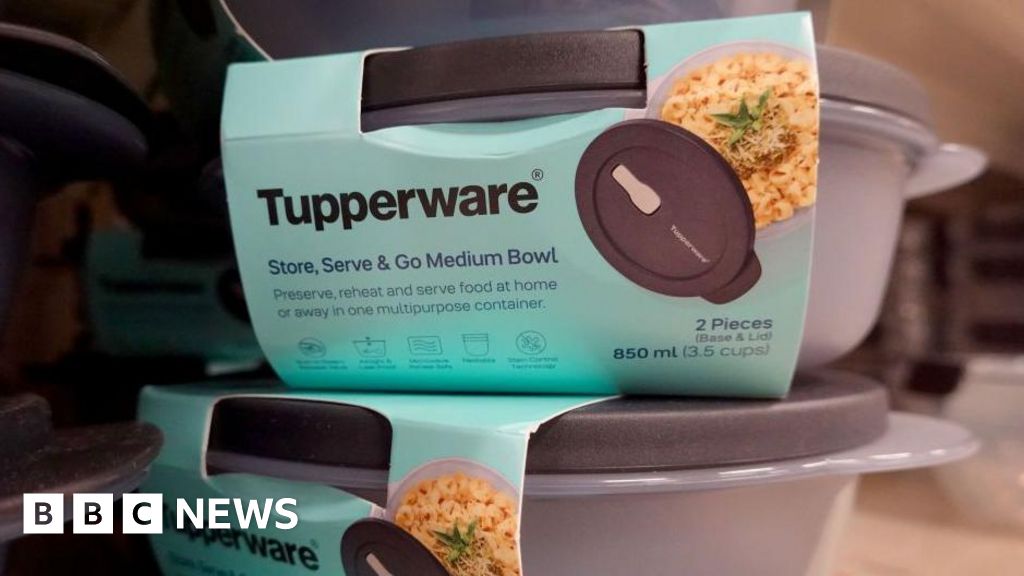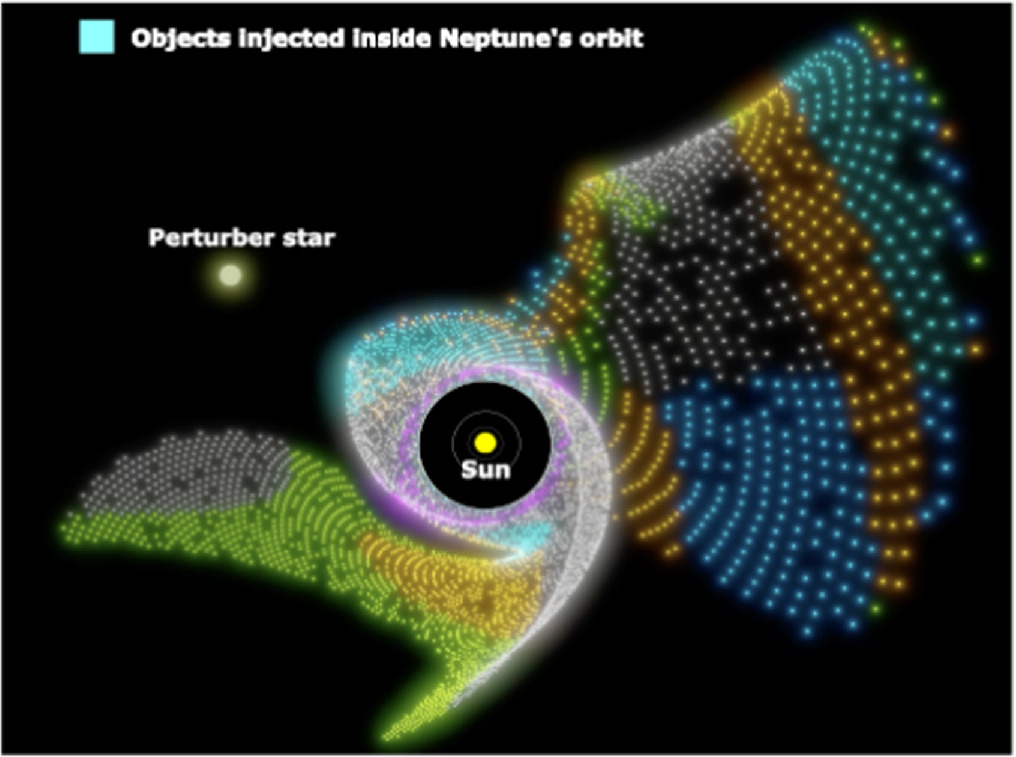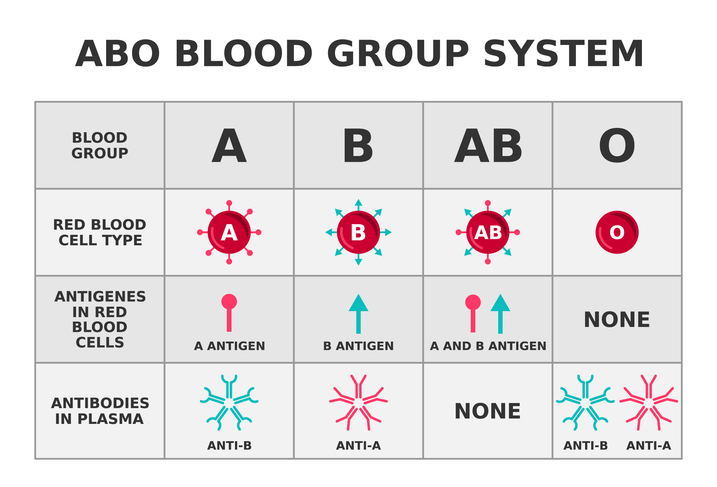For the very first time, researchers have developed an enzyme capable of breaking stubborn man-made bonds found in widely used chemicals known as siloxanes, or silicones. This is a significant breakthrough as it is a step towards making these chemicals biodegradable, which typically linger in the environment.
“Nature is an amazing chemist, and her repertoire now includes breaking bonds in siloxanes previously thought to evade attack by living organisms,” explains Frances Arnold, a Nobel Prize-winning professor at Caltech. She, along with her colleague Dimitris (Dimi) Katsoulis from Dow Inc., used directed evolution to create the new silicone-carbon bond-cleaving enzyme. The findings have been published in the journal Science on January 26.
While the practical applications of the engineered enzyme could be a decade away or more, its development opens up the possibility that siloxanes could one day be degraded biologically. Katsoulis mentions that nature doesn’t use silicon-carbon bonds, “but we do and have been for about 80 years. The volatile nature of some of these compounds warrants health and environmental research to properly understand the degradation mechanisms of these materials in the environment.”
Siloxane chemicals can be found in countless products including household cleaning, personal care items, and in various industries such as automotive, construction, electronics, and aerospace. The compounds’ chemical backbone is comprised of silicon-oxygen bonds, and they often have carbon-containing groups such as methyl attached to the silicon atoms.
These chemicals are believed to persist in the environment for days to months, and ongoing research aims to provide greater scientific understanding of the health and environmental safety of silicone materials. The compounds naturally start to fragment into smaller pieces, especially in soil or aquatic environments, and those fragments become volatile or escape into the air, where they undergo degradation by reacting with free radicals in the atmosphere. Of all the bonds in siloxanes, the silicon-carbon bonds are the slowest to break down.
In the new study, the researchers wanted to find ways to break the bonds rather than create them. They used directed evolution to evolve a bacterial enzyme called cytochrome P450. The process is designed to bring out the desired traits in a similar way to breeding dogs or horses. The researchers identified a variant of cytochrome P450 in their collection of enzymes that had a very weak ability to break silicon-carbon bonds in siloxanes.
The best performers were then mutated again, and the testing was repeated until the enzyme was active enough to identify the products of the reaction and study the mechanism by which the enzyme works. The final improved enzyme does not directly cleave the silicon-carbon bond but rather oxidizes a methyl group in the siloxanes in two sequential steps. The research draws parallels to studies involving a plastic-eating enzyme, which opens new possibilities for further work to help break down siloxane compounds.
The Science paper titled “Directed evolution of enzymatic silicon–carbon bond cleavage in siloxanes” was funded by Dow’s University Partnership Initiative and the National Science Foundation.
Overall, this breakthrough in engineering enzymes to break silicon-carbon bonds has the potential to have significant environmental impacts in the coming years.














